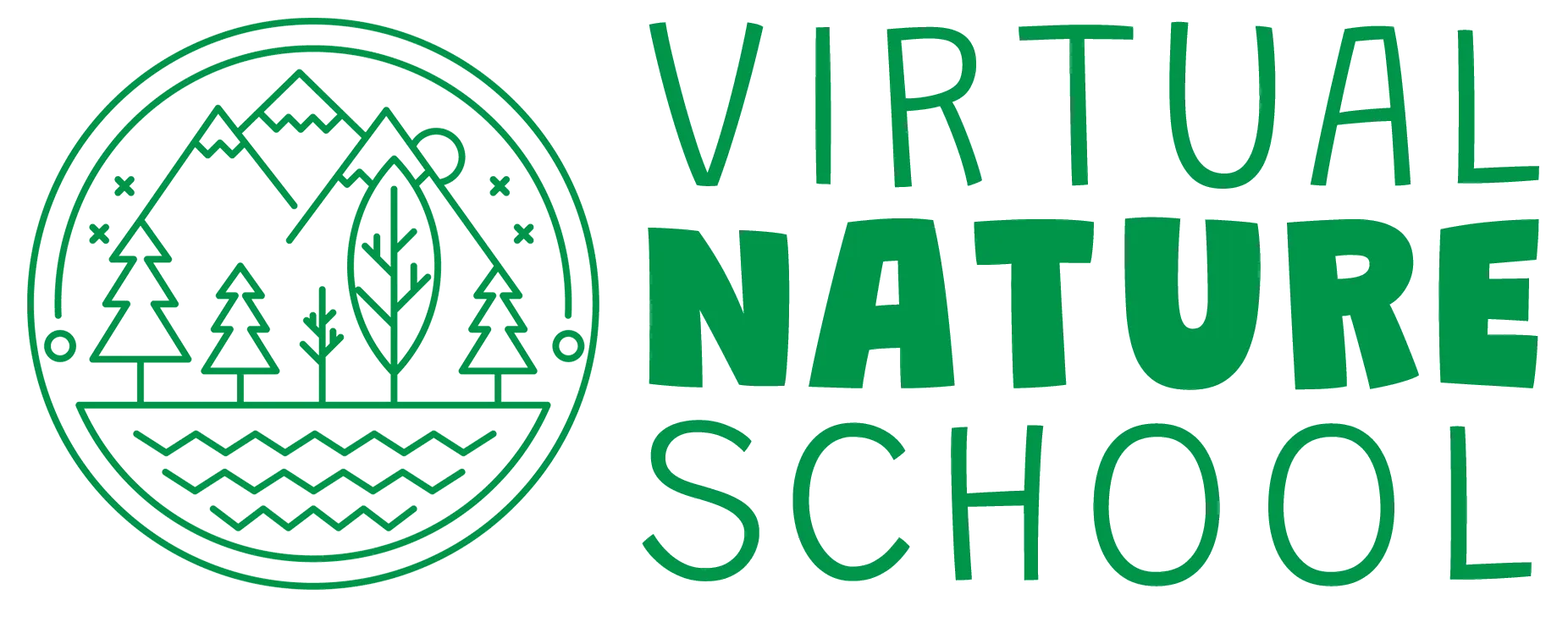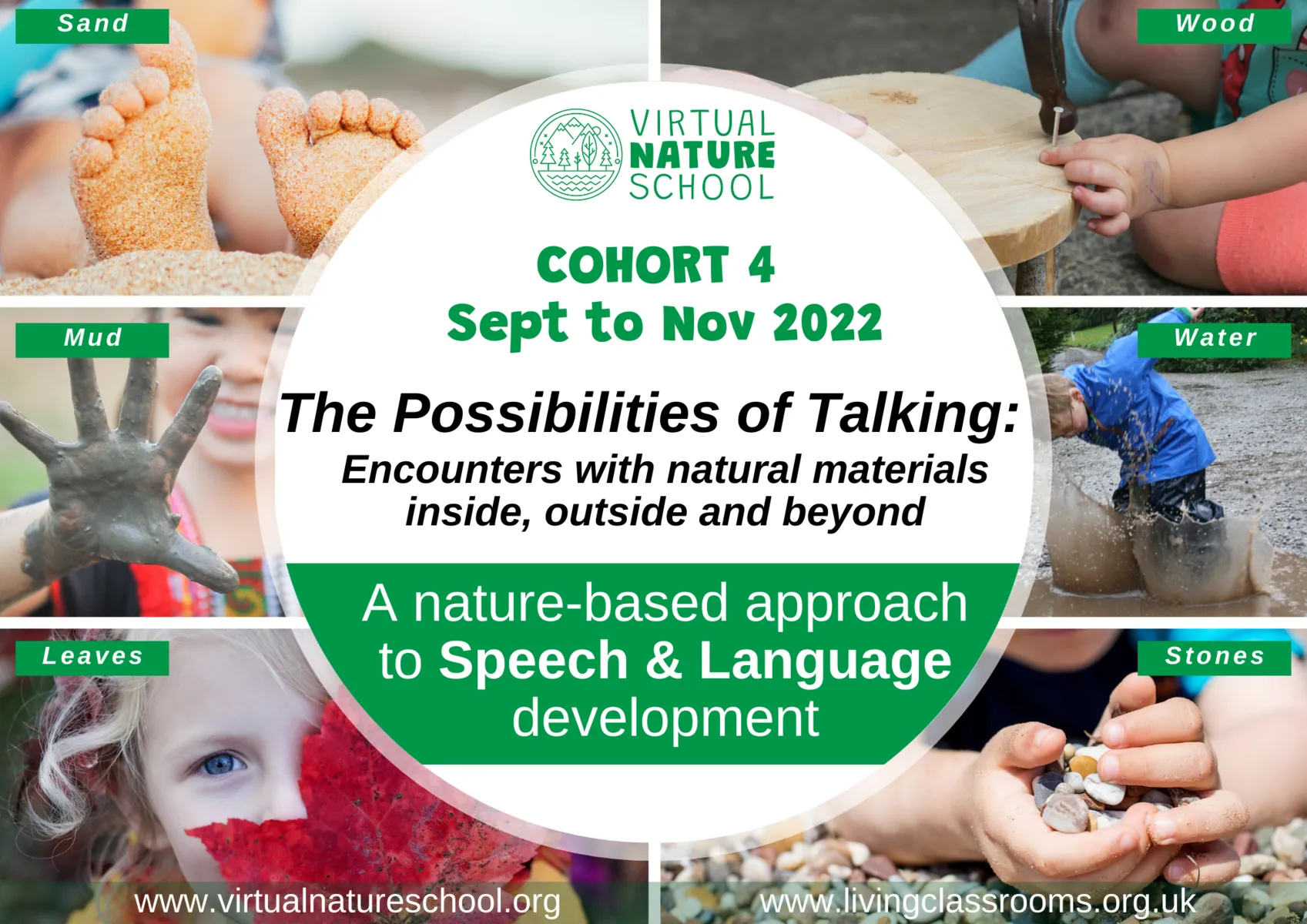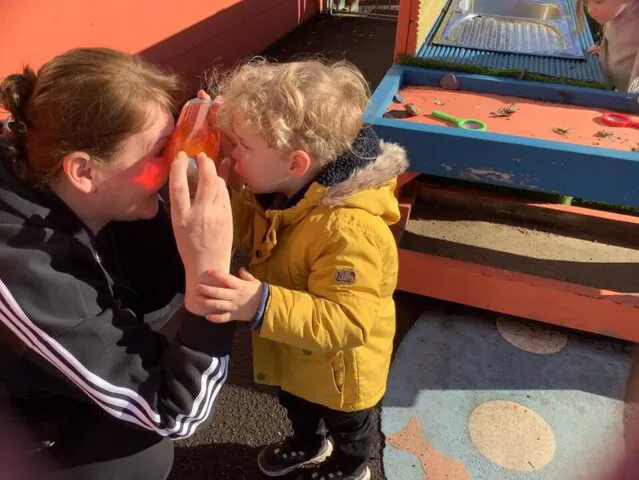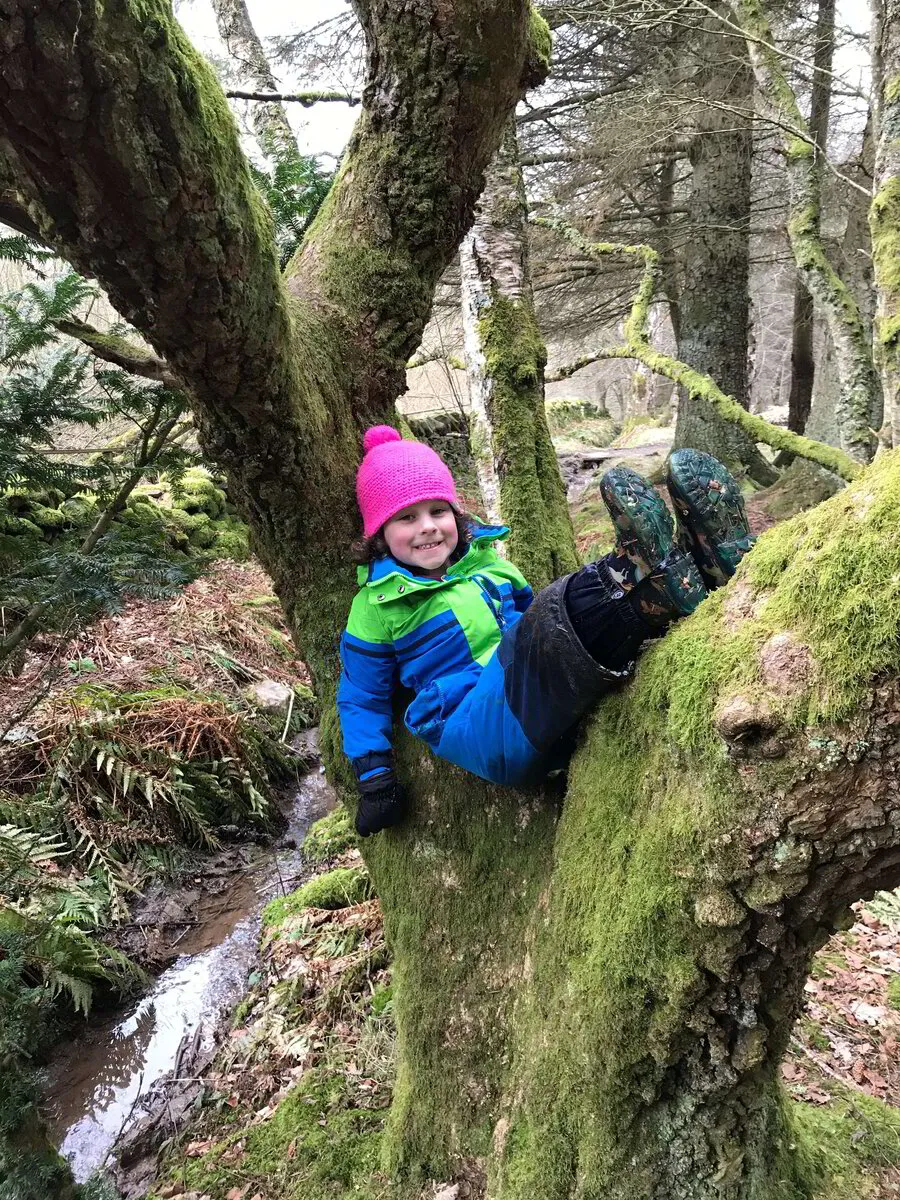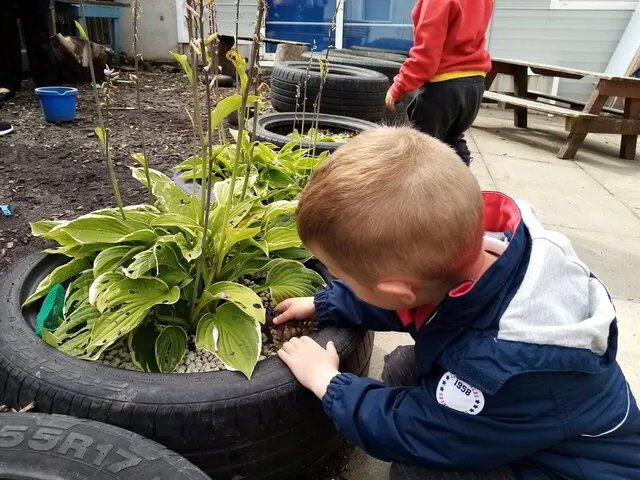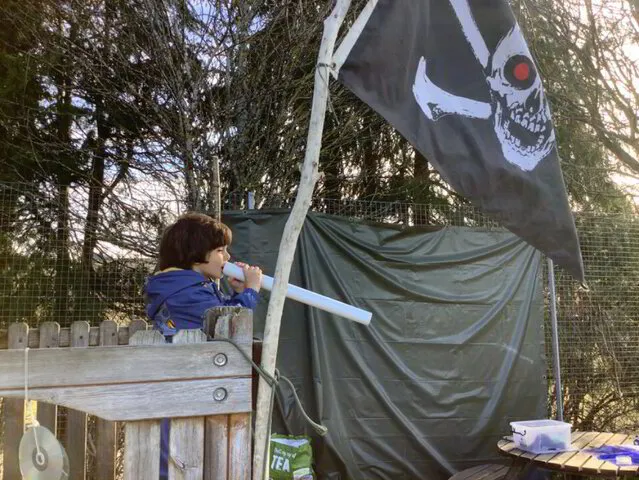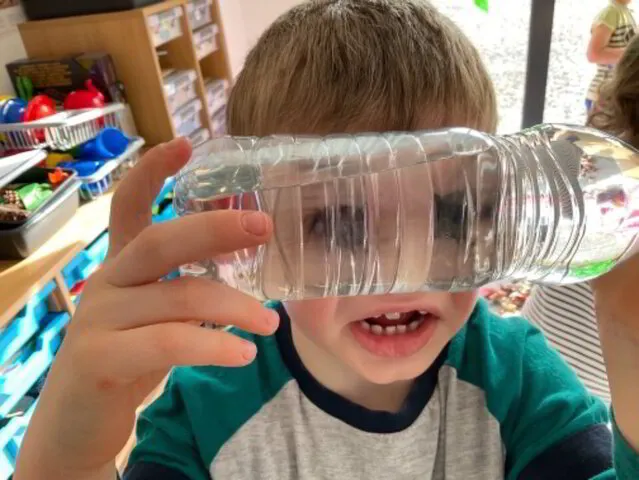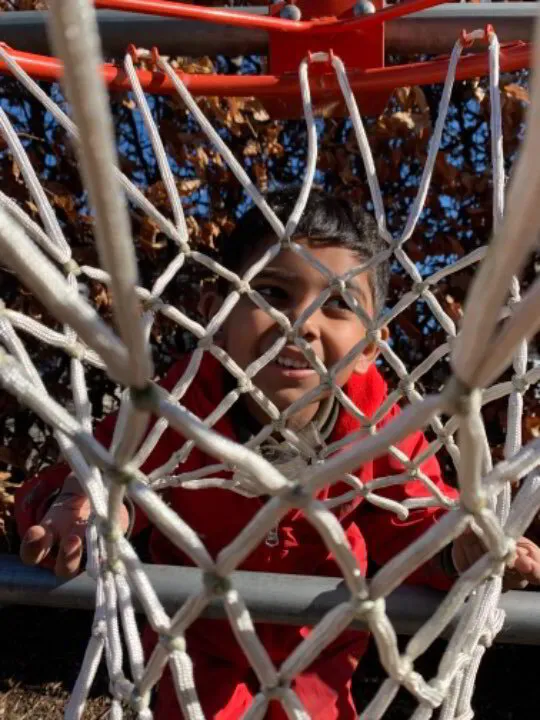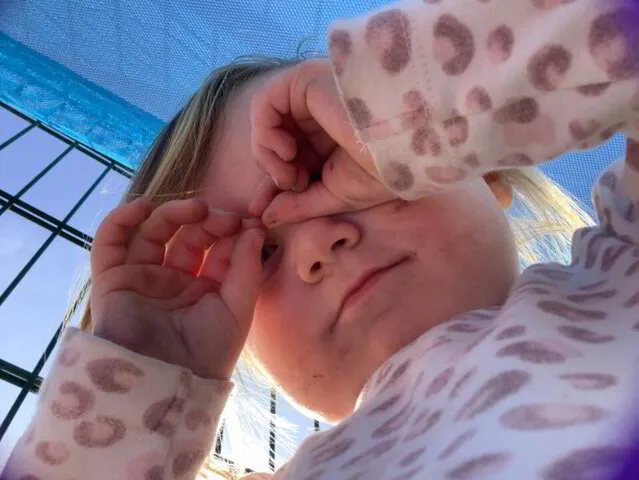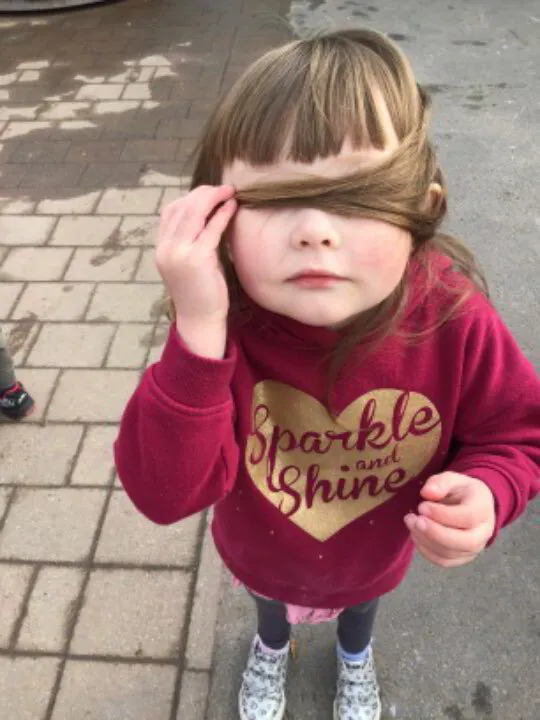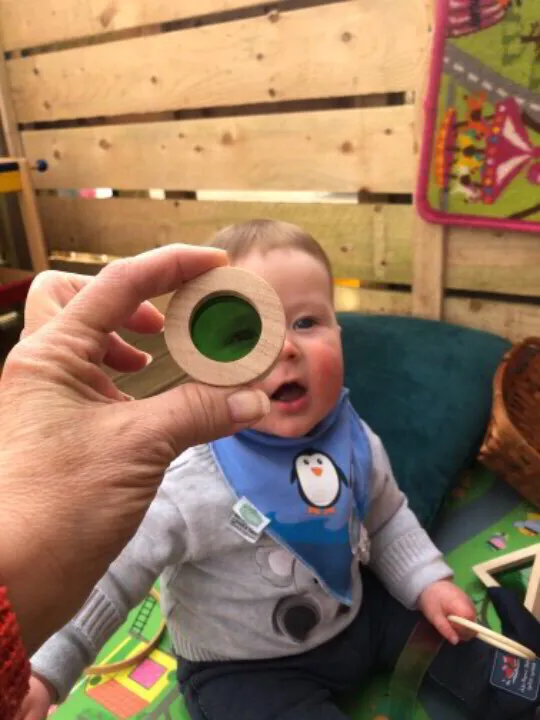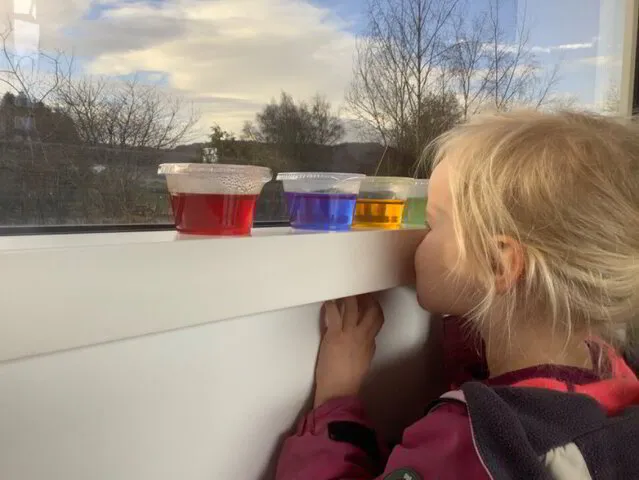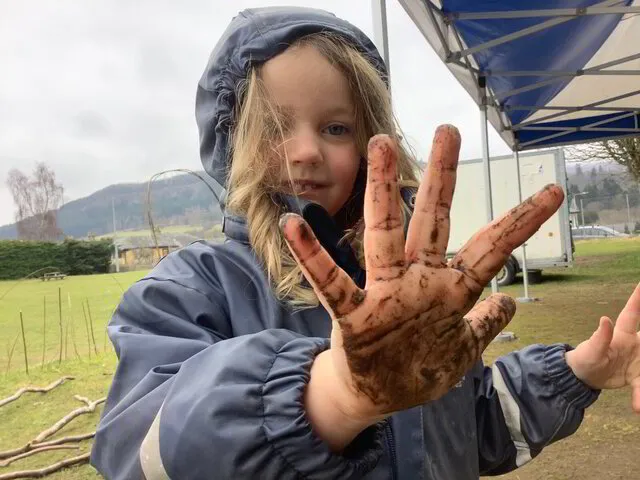VNS COHORT 4
INTRODUCTION
At Virtual Nature School, we believe that nature has the answers to many of the big challenges facing educators in the early years sector and beyond.
That is why Cohort 4 in Autumn 2022 is going to tackle one of the biggest challenges facing the early years sector today: The underdevelopment of speech and language of young children due to the lockdowns and disruption from COVID-19 in 2020 and 2021. This will be done through our popular contextual training and coaching programme that follows a nature-based, child-led inquiry approach.
DEFINING THE PROBLEM
As you will be aware, Government research and the daily experience of early years practitioners have shown a worrying decline in speech & language development, especially within social situations. This is combined with a fall in motor skills which are all linked to sedentary and indoor experiences during the lockdowns.
As a result, there is a growing demand for speech and language therapy for children with the most severe difficulties, and therapists themselves have ever-increasing waiting lists and families experience delays in starting treatment (according to the RCSLT). That leaves educators having to work with struggling children for longer periods of time before they can get specialised support.
That pressure on therapists also means that children with less severe difficulties often get overlooked and end up in a grey zone where they do not qualify for input from specialists but are nonetheless struggling with speech and language development. Early years educators are now searching for ways to build their own capacity to support children and families with the help of their local authorities.
The knock-on effect on the lives of these children in the “grey zone” is that their readiness for school and educational attainment is impacted negatively which could result in lifelong challenges and a widening gap compared to their peers. According to the Royal College of Speech & Language Therapy:
“The bigger the gap by the time the child is five, the more difficult it is to close. Without early intervention, such children are also far more likely to suffer emotional and behavioural problems. Our members tell us that growing lists and waiting times for speech and language therapy are dramatically impacting on their ability to provide the support which children need for the best start in life"
That is why it is important for educators to expand their capacity to provide speech and language support for all children in their setting, specifically for children in the grey zone. Cohort 4 of VNS has been designed to help educators with the appropriate skills to develop an oracy-rich environment with a key focus on speech and language.
HOW NATURE PEDAGOGY CAN HELP
By following a nature-based, child-led inquiry approach to learning, educators can provide a stimulating environment for children’s oracy - inside the building, outside in the play area, and beyond the gate in the community.
Dr. Warden's research has shown that the combination of being with the natural world and using child-led documentation & planning has the greatest impact on children's attentiveness and family engagement.
An ever-expanding body of research has found that being outdoors (or encountering real-world, natural materials indoors) has a positive impact on the brain and allows children to relax and be more receptive to new information.
Therefore, if educators use skilful techniques when children have encounters with natural materials such as sand and water, then the platform is set for oracy to develop through peer and adult interactions.
Educators will be provided with provocations to stimulate rich conversations and interactions with children inside, outside and beyond. In addition, they will receive online coaching that will boost their confidence and allow them to be reflective in their practice, thus depending on their practical knowledge.
VNS: AN INNOVATIVE APPROACH TO COACHING & TRAINING
Over the past 2 years and through 3 cohorts, the concept and methodology of Virtual Nature School has proved popular with practitioners across Scotland as an effective way to bring about meaningful transformation to the settings that participated.
Cohort 1 & 2 was focused on supporting families during the lockdowns of 2020 and reached 40,000 families and trained over 1,000 practitioners.
Cohort 3's theme was "Looking" and was popular with the 2,200 practitioners who took part and impacted 25,000 children across Scotland directly.
The key difference between VNS and other CPD/training opportunities or speech and language solutions such as Wellcomm is that it is a contextual experience for educators that does not require them to take time away from children. It is an additional resource that complements their planning, thereby enriching the interactions they were always going to have with their children.
More details of the reach and impact of VNS, including case studies from selected settings can be found on our website: www.virtualnatureschool.org
STRUCTURE OF COHORT 4
THEME: The Possibilities of Talking: Encounters with natural materials inside, outside and beyond
DESCRIPTION: How to plan nature-based experiences and interactions with and for children with a focus on speech and language within the context of natural materials (Sand, Water, Mud, Wood, Leaves & Stones).
FORMAT: 12 weeks of contextual coaching, training and reflection where educators continue to work with their children with a special focus on speech and language development.
DATES: 12 September - 11 November 2022 (includes 3 weeks break for October holidays)
See the timeline below for a full breakdown of the dates
DATES: 12 September - 11 November 2022 (includes 3 weeks for October holidays)
See the timeline below for a full breakdown of the dates
WHAT EDUCATORS CAN EXPECT
- Provocations for ages 0 to 6 - Every week, educators will receive videos, printouts and other material that they can use to plan with and for children to practice and improve their speech and language skills using natural materials. This builds on the work across Scotland on play-based pedagogy in nursery, primary 1 and 2.
- Weekly Pedagogy Coaching sessions - Dr Claire Warden will provide group coaching to allow all practitioners to expand their knowledge on nature-based, child-led pedagogy that is focused on contextual speech and language development
- Weekly Expert spotlight sessions - We will partner with experts in the field of oracy (such as SLTs) to share research and dialogue through accessible spotlight sessions.
- Connection to families - Support will be provided to educators on how best to encourage families to continue the work that they are doing in the setting when they are at home through simple “daily moments”.
- Continuity and overlap with other programmes - Local authority Equity & Excellence leads, QIOs, support teachers and others are welcome to participate to provide additional support for settings in their region to ensure that VNS compliments other programmes on offer in the area
- A local community of practice - There is so much that educators can learn from each others’ experiences and VNS provides a way for local settings to connect and share best practices. We have found that each local authority has at least 10 settings participating to make an effective community
- A national community of practice - By working throughout the country, educators can share the same benefits of community on a national scale.
- Reflective practice software - Our bespoke platform for sharing reflective practice and coaching (Inquiry Tracker) will help practitioners share their experiences with each other and receive feedback from the coaches and their peers
- Personalised feedback - Each setting that participates will receive direct and detailed feedback on their practice from Dr Claire Warden
- Supplementary training - Educators will also get access to selected additional training material from Dr Claire Warden such as online courses and books
- Certificate of Attainment - Each setting that completes the training will receive recognition for the team’s efforts
COST OF PARTICIPATION
Unlike previous cohorts of Virtual Nature School, Cohort 4 is not centrally funded. Therefore, we encourage Local Authorities to at least subsidise the cost of participation for the settings to ensure that as many children in their area can benefit.
Research suggests that long term projects can have greater impact on long term change. That is why there is direct engagement for 6 weeks, with another 6 weeks for settings to apply the new skills and to engage in the reflective tasks.
The cost per setting to participate is £50 per week (£600 for the 12 weeks). There is no limit on the number of educators who can take part in each setting.
Childminders and smaller settings are welcome to group together to make a cluster of up to 6 so that they can share the cost. We can help with the process of matching if required.
Not all local authorities will be able to support settings in their area. Therefore, settings in those areas are encouraged to consider this as a crucial part of CPD for their team and self-fund. Payment plans are available on request.
NEXT STEPS
Local Authorities:
We have spoken to most local authorities already and are in direct communication with them about options for funding. If you are in a leadership role, please get in touch with us on outdoors@virtualnatureschool.scot as soon as possible to enquire on behalf of your local authority.
Individual settings:
Whether you are funded by your local authority or paying for yourself, we encourage you to fill in the form to express your interest in participating. Once you have registered you will automatically be able to watch the orientation webinar. Just click the button below to express your interest.
- Now Register your interest now to watch the introductory webinar.
- 15 July Deadline for submission of interest
- 26 August Deadline for confirmation of participation by purchase order/payment (negotiable)
- 5 September Multi-media Induction pack sent to all successful applicants
- 12 - 30 September Week 1 to 3: The Possibilities of Talking - Encounters with Sand, Water & Mud
- 3 - 21 October BREAK - Time for reflection and practice
- 24 October - 11 November Week 4 to 6: The Possibilities of Talking - Encounters with Wood, Leaves & Stones
- 14 - 25 November BREAK - Time for reflection and practice. Completing reflective journals
- 25 November Deadline for final submission of reflective journals
- 16 December Certificates and feedback issued to all successful teams
Next Steps
Register your interest:
If you would like to learn more about Cohort 4, then please register your interest in the programme and you will automatically be able to watch the orientation webinar to get more details.
Confirm your place on the training:
If you are ready to join Cohort 4, then please click the button to register and pay for the training right away.
CONTACT US
For all enquiries, questions and clarifications, please contact us on outdoors@virtualnatureschool.scot
E: outdoors@virtualnatureschool.scot
T: +44 (0) 1764 650030
